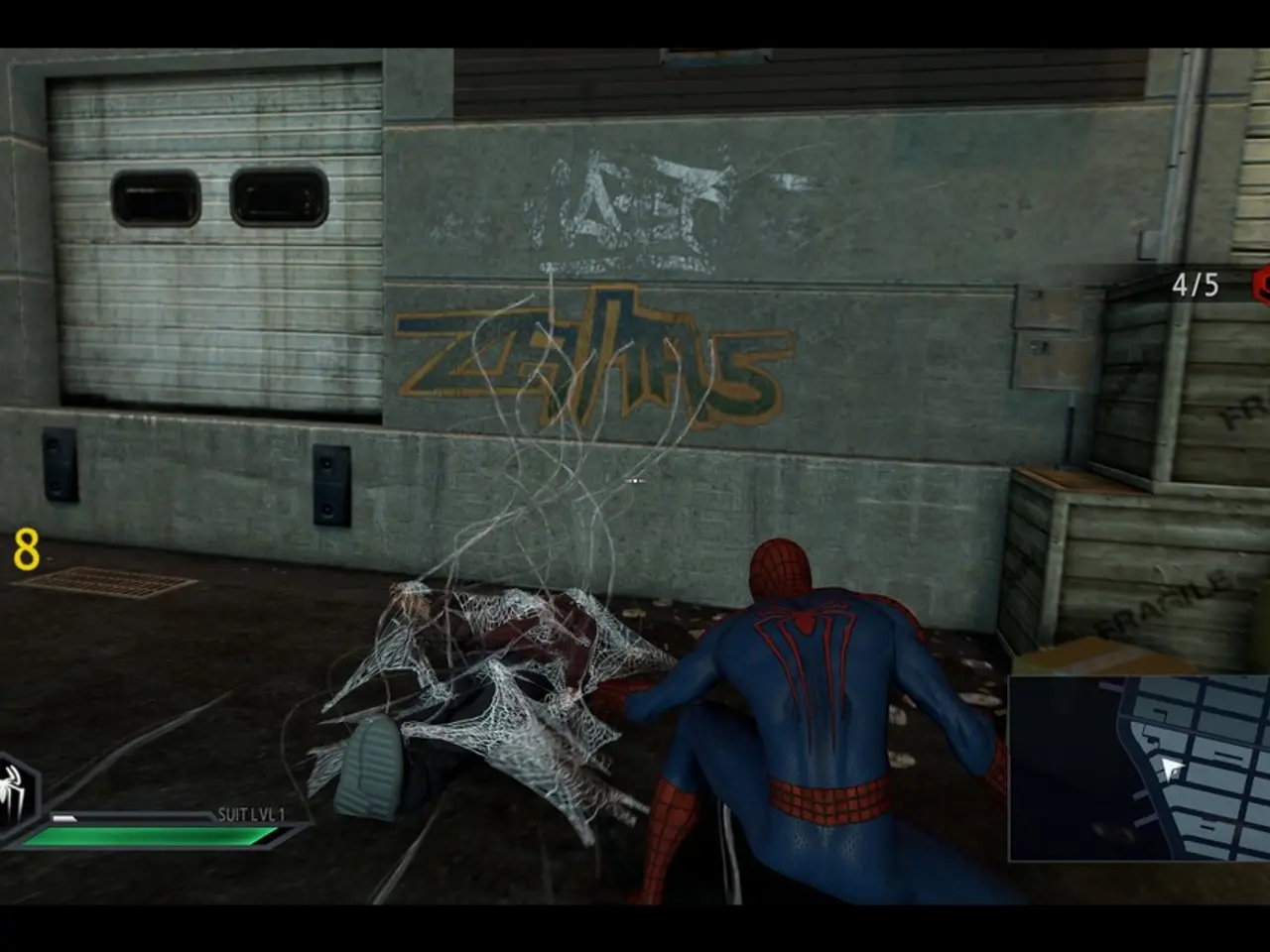Klöckner calls for additional changes to the electoral law of the German Parliament
The German Bundestag is set to undergo a significant change, as the task of renewing the voting system has been included in the coalition agreement of the traffic light coalition (SPD, Greens, and FDP). The proposed changes aim to address the problem of devalued first votes and representation issues tied to the current electoral system, which has led to an oversized Bundestag and distortions in voter representation.
Currently, Germany uses a mixed-member proportional system where voters have two votes: the first vote (Erststimme) elects a direct candidate in a constituency (district), while the second vote (Zweitstimme) determines the proportional distribution of seats to parties at the state level. However, when a party wins more direct mandates than its proportional share from the second votes, it receives “overhang seats,” leading to an enlarged Bundestag and complex compensation seats to preserve proportionality. This system can devalue the first vote, as the balance of seats can be distorted by compensatory mechanisms, undermining direct regional representation.
Reform proposals focus on reducing the size of the Bundestag, strengthening the value of the first vote, and ensuring fairer representation. By limiting overhang seats and reducing compensatory mandates, the Bundestag size becomes more manageable, improving legislative efficiency. Enhancing the importance of the first vote ensures that voters feel their direct candidate choices genuinely influence regional representation. The reform aims to rectify distortions where parties benefit disproportionately from constituency wins or party lists, thus improving democratic fairness.
The goal is to better balance direct individual representation with proportional party representation, thereby restoring voter trust and ensuring each vote’s impact is clearer and more equitable. While the exact legislative details are under discussion and have not all been finalized publicly as of mid-2025, the high-profile debates indicate strong consensus that reform is needed to prevent the current problems of representation and Bundestag inflation seen in recent elections.
Among those who voted for the CDU or CSU on February 23, 50% were in favor of maintaining the existing voting system. However, 47% of respondents in a YouGov survey want to keep the current voting system, while 34% support a renewed reform. The voting age for Bundestag elections could potentially be lowered to 16 as part of the new reform, although the Union has so far rejected this.
The commission tasked with proposing changes to the voting system is expected to submit its proposals by the end of this year. Bundestag President Julia Klöckner, who has called for a renewed reform of the voting system, believes that the current voting system has a legitimacy problem due to the 23 constituency winners who did not make it and the four empty constituencies. Klöckner does not plan to put forward her own proposal for the voting system reform but has criticized the devaluation of the first vote in the context of the reduced Bundestag, stating that it may discourage candidates from running in constituencies with many candidates and lower first vote results.
As the debate on the voting system reform continues, potential compromises between the Union and SPD on the voting age issue may be necessary in the search for a solution. The new reform will also consider whether lowering the voting age to 16 for Bundestag elections is feasible. The reduction of the Bundestag was achieved by abolishing excess and equalization mandates. Three constituencies in Baden-Württemberg and one in Hesse are not represented in the Bundestag at all due to the reduction.
In conclusion, the proposed changes to the voting system in the German Bundestag aim to address the issues of devalued first votes and representation problems tied to the current electoral system. The goal is to restore voter trust and ensure each vote's impact is clearer and more equitable. The commission's proposals are eagerly awaited, and the debate on the voting system reform is likely to continue in the Bundestag and among constitutional experts.
- The ongoing debate in the German Bundestag focuses on policy-and-legislation related to politics, as the coalition agreement of the traffic light coalition has tasked a commission with proposing changes to the current electoral system, aiming to enhance fairer representation and reduce the size of the Bundestag.
- Within the context of the German Bundestag's reform discussion, the proposed changes lead to general-news surrounding the potential lowering of the voting age for Bundestag elections to 16, an issue that may require negotiations between the Union and SPD as part of the solution.








